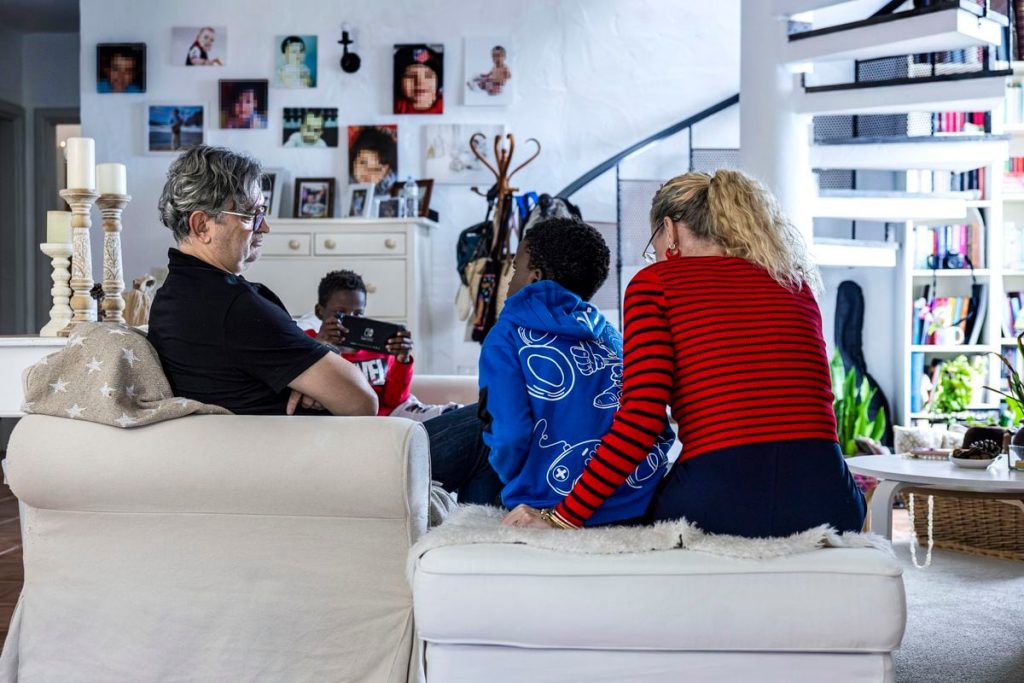In the small town of La Restinga on the Canary Island of El Hierro, a young woman named Melisa Gonzalez was often seen rushing to assist and rescue migrants arriving on small boats, providing them with blankets and juice as a volunteer for the Red Cross. One night in August, she encountered a 16-year-old Senegalese boy named Mamadou, whom she helped and befriended before he was taken to a youth center on the island. Mamadou, who claimed to be 16 but was deemed older based on medical tests, was sent to a camp for adult migrants in Tenerife. This separation was difficult for both Mamadou and Gonzalez, who had formed a strong bond.
A few days after Mamadou’s departure, Gonzalez decided to bring him back home with her, despite objections from friends and family. She saw that he was struggling in the adult migrant camp and felt compelled to provide him with a safe and nurturing environment. This act of kindness was not unique in El Hierro, as other residents had also taken in migrant children who had been left behind by the system. Teseida Padron and Gilberto Carballo, for example, had previously welcomed another traumatized migrant boy into their home, providing him with support and a sense of family until he was able to stand on his own feet.
Padron and Carballo are part of a group of families in the Canary Islands who temporarily host children in need, whether they are migrants or locals. They believe in the importance of providing a stable and loving environment for children who would otherwise be in institutional care. In December, they began caring for two Senegalese brothers aged 9 and 12 who arrived in Tenerife on a small boat. While they understand that their time with these children may be limited, they are committed to offering them the love and support they need to thrive.
The Senegalese brothers have already learned Spanish and have brought joy and energy into the couple’s home, which overlooks the sea. Despite the challenges and complexities of their backgrounds, Padron and Carballo have embraced their role as surrogate parents, creating a warm and loving environment for the children. They recognize the importance of preserving the children’s privacy and understand that their circumstances may be difficult to explain in the future.
Padron and Carballo have been deeply involved in humanitarian efforts on the island, volunteering for Protección Civil to assist newly arrived migrants. They have sacrificed time, resources, and comfort to help those in need, even in the face of criticism from some members of the community. Despite facing backlash for their actions, Carballo remains steadfast in his belief that everyone deserves compassion and support, regardless of their background or nationality. For him, providing assistance to migrants and locals in need is simply an extension of their commitment to helping others.


